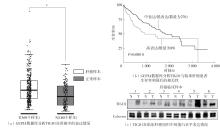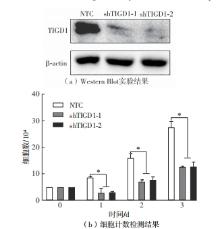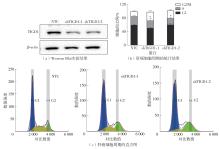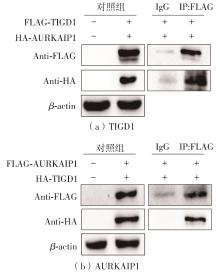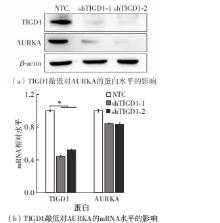Journal of South China University of Technology(Natural Science Edition) ›› 2024, Vol. 52 ›› Issue (4): 1-7.doi: 10.12141/j.issn.1000-565X.230248
• Biological Engineering • Previous Articles Next Articles
Effects of Trigger Transposable Element-Derived 1 on the Growth of Hepatocellular Carcinoma
GAO Ping YE Zijian QIAN Xiaoyu ZHONG Xiuying
- School of Medicine,South China University of Technology,Guangzhou 510006,Guangdong,China
